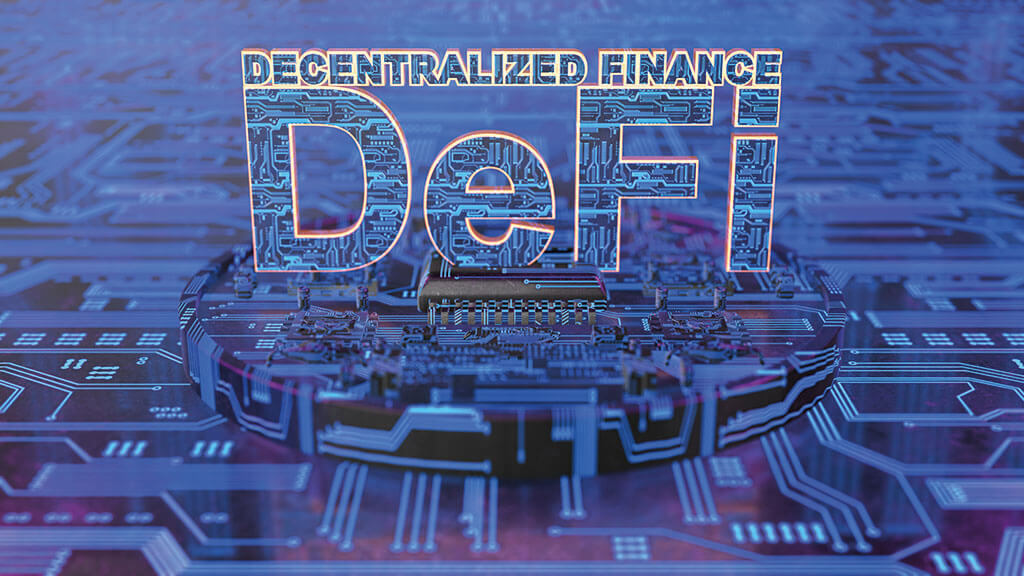THE WORLD’S securities regulators are set to crack down on decentralised finance (DeFi) platforms.
The International Organisation of Securities Commissions (IOSCO) has outlined a plan to check that those in the market are “held accountable” and stability is maintained.

The framework for regulators, across 130 jurisdictions, also aims to ensure investor protection, identify and manage risks, obtain clear disclosures, and apply cross-border co-operation on law enforcement.
The watchdog explained that shocks in one part of the crypto market can trigger billions of dollars in outflows from DeFi applications, as evidenced by the collapse of the FTX crypto exchange and the Terra USD stablecoin.
DeFi platforms allow users to bypass banks and exchanges, the traditional gatekeepers of finance, using blockchain technology which allows the lending, borrowing, and saving of digital assets.
But concern has arisen about whether they are truly decentralised.
Ganesh Viswanath Natraj, assistant professor of finance at Gillmore Centre of Financial Technology in Warwick, said it was a significant step.
“In the evolving landscape of cryptocurrencies and digital assets, it remains essential to strike a balance between innovation and regulation to ensure long-term sustainability.” Transparency and collateralisation were key factors, he said, adding that regulatory bodies should consider mandating transparent levels of capital and conduct by stablecoin issuers.
The future of stablecoins and DeFi could depend on the maturity of individual economies and payment markets, Natraj believes. “Ultimately, the responsibility lies with authorities to navigate a path that fosters innovation while safeguarding the interests of investors and the stability of financial markets.
“Striking the right balance in regulating DeFi and stablecoins is a complex but necessary task in the evolving world of digital finance.”
Tuang Lee Lim, chair of a fintech taskforce at IOSCO, said there was a common misconception that DeFi is truly decentralised and governed by autonomous code or smart contracts. “In reality, regardless of the operating model of the DeFi arrangement, ‘responsible persons’ can be identified.”
Right now, regulators have little standardised data on DeFi, a situation worsened by “some market participants using multiple pseudonymous addresses” to obfuscate their activities, the IOSCO says.
A public consultation on the proposals runs until the middle of October before the framework is finalised towards the end of this year. Some IOSCO member countries — including the US — are already contemplating how to fit DeFi into existing securities laws.




























